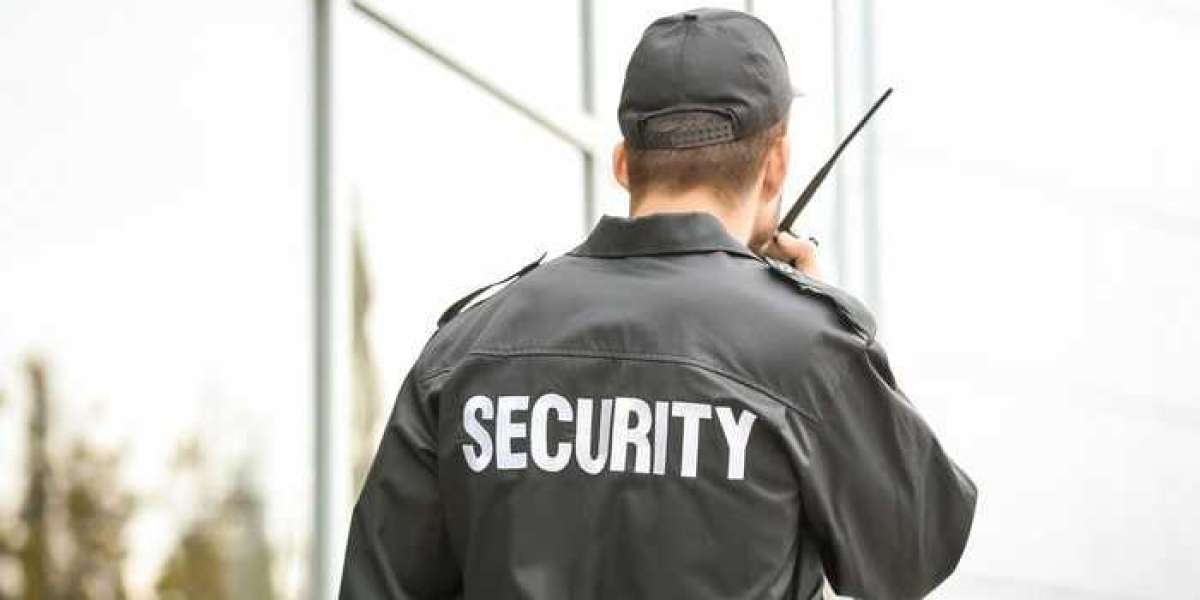The hospitality industry thrives on offering a safe and welcoming environment for guests. Hotels, often bustling with activity, require seamless operations to maintain this standard. Security guards play a critical role in ensuring the safety of guests, staff, and property. However, they face numerous challenges that test their skills, training, and adaptability. This article delves into the common challenges security guards face in hotels and explores how they effectively overcome these hurdles.
Managing Unauthorized Access:
Hotels experience high foot traffic, with guests, staff, and visitors coming and going throughout the day. This dynamic makes it challenging to identify unauthorized individuals attempting to access restricted areas. Security guards must remain vigilant and rely on access control measures, such as keycards, surveillance cameras, and guest lists, to prevent unauthorized entry.
Guards overcome this challenge by maintaining a strong presence at entry points and using technology to monitor access. Regularly patrolling the premises and coordinating with hotel staff ensure potential breaches are quickly addressed.
Handling Disorderly Conduct:
Incidents involving unruly behavior are not uncommon in hotels, especially during events or busy seasons. Guests under the influence of alcohol or engaging in disputes can disrupt the peace and create safety risks. Security guards must manage these situations tactfully, balancing firmness with professionalism.
To overcome such challenges, guards are trained in conflict resolution and de-escalation techniques. By approaching situations calmly and assertively, they can diffuse tension and prevent escalation. Their ability to maintain a composed demeanor often reassures other guests and restores order efficiently.
Preventing Theft and Vandalism:
Hotels are often targets for theft and vandalism due to the valuable items guests bring and the property’s assets. From room burglaries to vehicle theft in parking areas, security guards must stay vigilant to deter such activities.
To address these risks, guards employ proactive measures such as patrolling high-risk areas, monitoring surveillance footage, and collaborating with local law enforcement. They also educate staff and guests on securing their belongings and reporting suspicious activity.
Managing Emergency Situations:
Emergencies, including fires, medical incidents, or natural disasters, pose significant challenges for hotel security guards. Their role in such scenarios is crucial, as they must ensure guest safety, coordinate evacuations, and communicate effectively with emergency services.
Guards overcome these challenges through rigorous training in emergency response protocols. Familiarity with the hotel’s layout and regular drills enable them to act swiftly and confidently. By staying prepared, they minimize risks and maintain order during crises.
Addressing Cybersecurity Threats:
As hotels increasingly adopt digital systems for bookings, check-ins, and guest services, cybersecurity has become a growing concern. Security guards may not directly handle IT systems but are often the first responders to suspicious activities involving data breaches or unauthorized access to digital infrastructure.
To mitigate these threats, guards work closely with the hotel’s IT team and monitor physical access to servers and sensitive areas. Their vigilance in identifying potential threats ensures that cybersecurity measures remain effective.
Ensuring Guest Privacy:
Hotels are sanctuaries for guests, and their privacy is paramount. Security guards must strike a balance between maintaining safety and respecting guests’ personal space. Intrusive actions or mismanagement of sensitive information can harm the hotel’s reputation.
Guards address this challenge by adhering to strict privacy policies and maintaining discretion in their duties. Training in ethical practices ensures they uphold guest trust while performing their responsibilities.
Dealing with Cultural Sensitivities:
With guests from diverse cultural backgrounds, security guards must navigate cultural sensitivities to avoid misunderstandings. Miscommunication or perceived disrespect can escalate situations unnecessarily.
To overcome this challenge, guards undergo cultural sensitivity training to enhance their awareness and adaptability. This training equips them to interact respectfully and effectively with guests from various backgrounds.
Final Thought:
The challenges faced by security guards in hotels are multifaceted, requiring a combination of vigilance, training, and adaptability. By leveraging advanced technology, honing interpersonal skills, and staying prepared for emergencies, guards play an indispensable role in maintaining a secure and welcoming environment. Their efforts not only protect guests and property but also uphold the reputation of the hospitality industry as a whole. Through continuous learning and dedication, security guards continue to overcome these challenges, ensuring the safety and satisfaction of all who step through the hotel doors.






